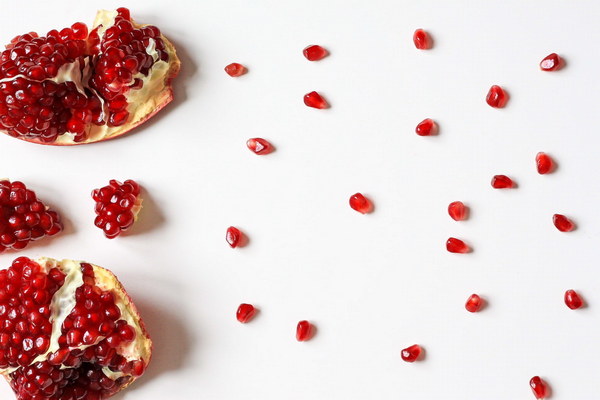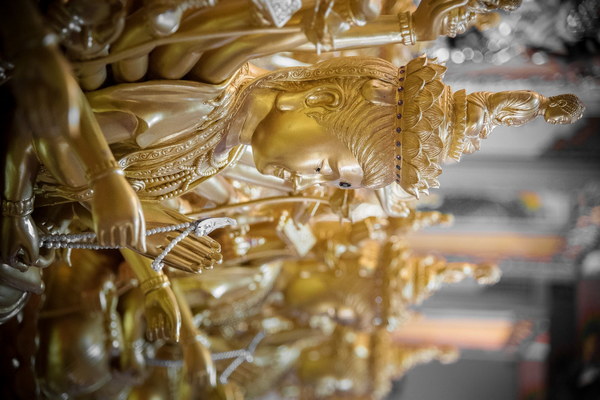Revitalizing Women's Health Nurturing Kidney Qi and Strengthening Blood and Qi for Women with Kidney Deficiency
In the realm of traditional Chinese medicine, the concept of kidney deficiency is a prevalent condition affecting women's health. The kidney, according to TCM, is the root of vitality and plays a crucial role in regulating the body's energy, or Qi, and blood. When the kidney is deficient, it can lead to various health issues, including fatigue, weakness, and anemia. This article aims to explore the significance of nurturing kidney Qi and strengthening blood and Qi for women with kidney deficiency, offering insights into the benefits and practical strategies for achieving optimal health.
Understanding Kidney Deficiency
Kidney deficiency in women is often characterized by a depletion of the kidney's essential substances, such as essence, marrow, and Qi. This deficiency can manifest in several ways, including:
1. Physical symptoms: Fatigue, weakness, low back pain, and joint pain.
2. Emotional symptoms: Anxiety, irritability, and mood swings.
3. Reproductive issues: Infertility, irregular periods, and menopausal symptoms.
Nurturing Kidney Qi
To address kidney deficiency, it is essential to nurture and replenish the kidney's Qi. Here are some strategies to help women strengthen their kidney Qi:
1. Acupuncture: Acupuncture therapy can help improve kidney function by stimulating specific points on the body, thereby enhancing the kidney's Qi and promoting overall well-being.
2. Herbs: Certain herbs, such as Chinese foxglove (Rehmannia glutinosa), goji berry (Lycium barbarum), and Astragalus membranaceus, are known for their kidney-nourishing properties. These herbs can be taken in the form of tea, tinctures, or capsules.
3. Diet: Consuming kidney-nourishing foods, such as black beans, kidney beans, and goji berries, can help support kidney function and replenish Qi. Additionally, avoiding cold, raw, and spicy foods can prevent further depletion of kidney Qi.

Strengthening Blood and Qi
In addition to nurturing kidney Qi, it is crucial to strengthen blood and Qi, as these are closely linked to kidney function. Here are some ways to achieve this:
1. Exercise: Regular physical activity, such as yoga, tai chi, or gentle aerobics, can improve blood circulation, enhance Qi flow, and boost overall energy levels.
2. Meditation: Practices such as mindfulness meditation can help reduce stress and anxiety, promoting emotional well-being and supporting kidney function.
3. Sleep: Adequate sleep is essential for the body to repair and rejuvenate itself, including the kidneys. Aim for 7-9 hours of quality sleep each night.
The Benefits of a Balanced Approach
By combining kidney Qi-nurturing strategies with blood and Qi-strengthening techniques, women can achieve a more comprehensive approach to managing kidney deficiency. Some of the potential benefits include:
1. Increased energy levels and vitality.
2. Improved mood and emotional well-being.
3. Enhanced reproductive health.
4. Reduced risk of anemia and other blood-related issues.
Conclusion
In conclusion, addressing kidney deficiency in women through nurturing kidney Qi and strengthening blood and Qi can have profound effects on their overall health and well-being. By adopting a holistic approach that combines traditional Chinese medicine practices, dietary adjustments, and lifestyle changes, women can take an active role in their health and achieve a balanced and vibrant life.









